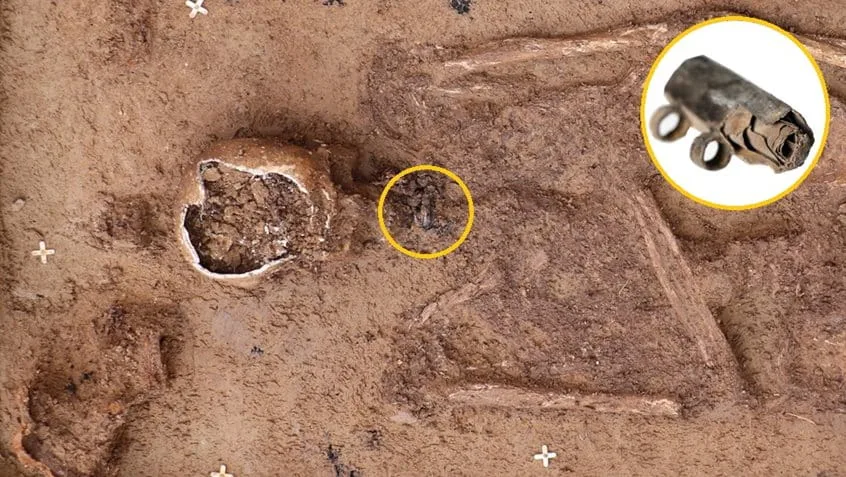Recent archaeological findings in the North Alps have unveiled what experts call the earliest known evidence of Christianity in the region. The discovery, made by a team of archaeologists, includes a burial site dating back to approximately 300 A.D., showcasing elements that signify early Christian practices. Among the findings is a skeleton adorned with an amulet that features a cross design, illuminating the faith’s influence in a historically significant area. Archaeologist Dr. Julia Weiss, who led the excavation, stated, “This discovery sheds light on the intertwining of local traditions with early Christian beliefs. It highlights how Christianity was starting to establish roots far from its origin.” The excavation took place near the town of Alpsdorf, where several artifacts were also uncovered, including pottery believed to be linked to early Christian rituals. This site is not only critical for understanding the spread of Christianity but also offers a glimpse into the cultural exchanges during the era. The discovery presents a unique intersection of anthropology and religious studies, underscoring the significance of the find in the broader narrative of ancient European history. Dr. Weiss and her team are set to publish their findings in an upcoming issue of the Journal of Archaeological Science, detailing the comprehensive analyses conducted on the artifacts and the methodology employed during the excavation.
Archaeologists Discovered the Earliest Known Evidence of Christianity in the North Alps













